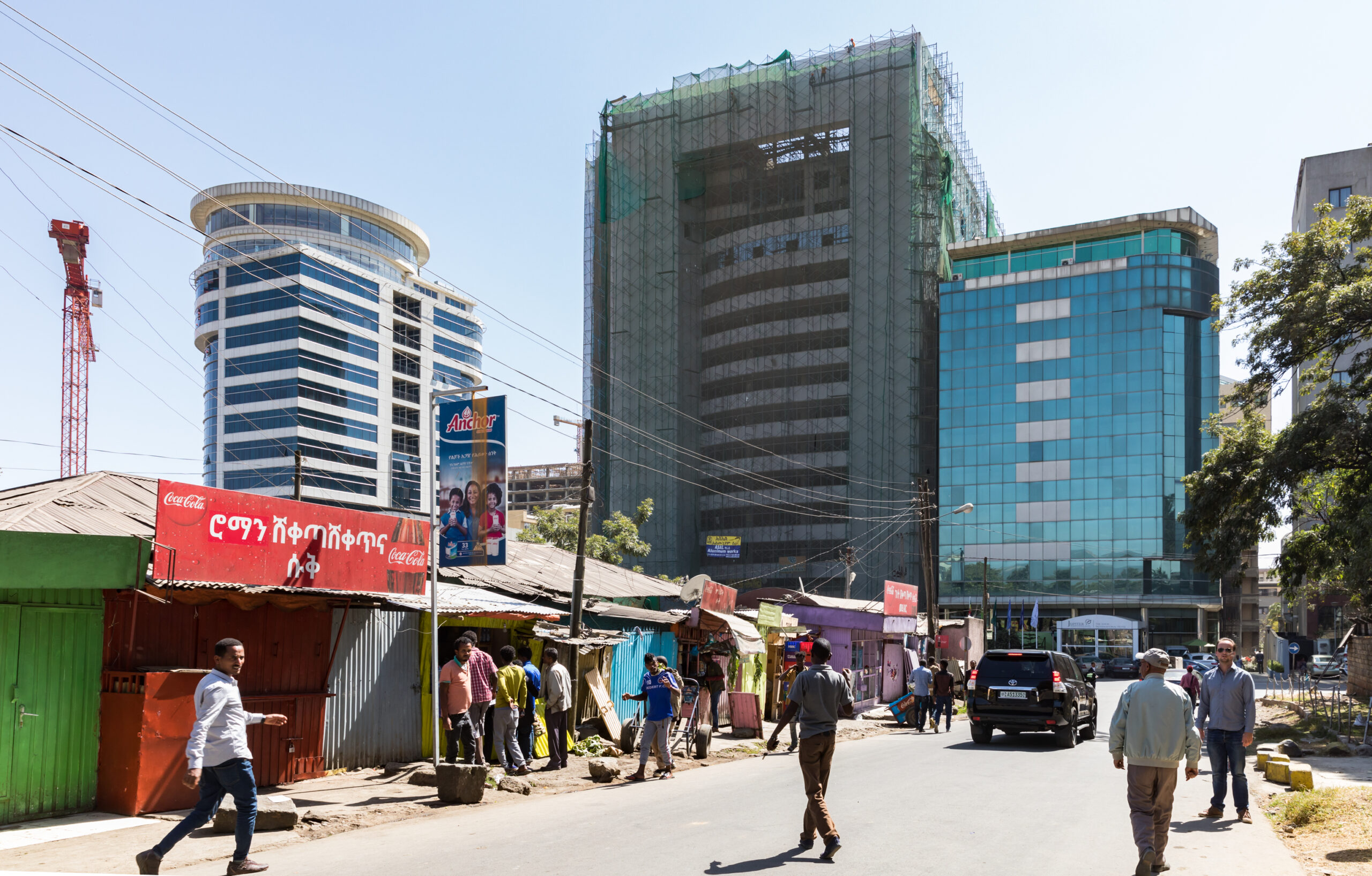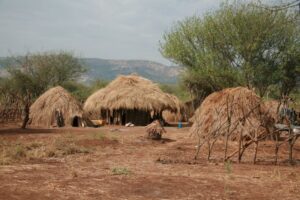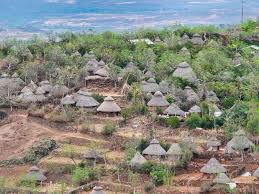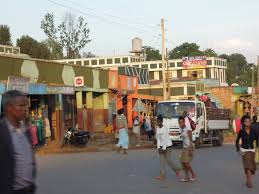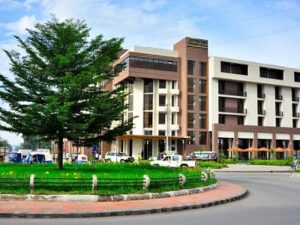Kirkos is one of the central districts of Addis Ababa, where modern development meets deep-rooted history and culture. This area has played a significant role in shaping the city and continues to be a focal point for cultural, political, and social events in Ethiopia’s capital.
The Heart of Addis Ababa’s History
Kirkos is one of the oldest neighborhoods in Addis Ababa and is home to many important landmarks that tell the story of Ethiopia’s journey through the years. From colonial-era buildings to historical monuments, Kirkos is where the city’s past lives on.
1. Meskel Square
At the center of Kirkos is Meskel Square, one of the most famous landmarks in Addis Ababa. It’s not just a major traffic hub; it’s a place of national significance. Meskel Square has been the site of large gatherings, protests, religious celebrations, and political rallies throughout Ethiopia’s history. Every year, the Meskel Festival, a religious event commemorating the discovery of the True Cross, is celebrated here with thousands gathering for the colorful event.
2. Historical Landmarks
Kirkos is also home to several historical buildings and sites that date back to Ethiopia’s earlier days. The National Palace, also known as the Jubilee Palace, is located in Kirkos and was once the residence of Emperor Haile Selassie. Today, it serves as the official residence of the president of Ethiopia. The area is rich with stories of Ethiopia’s emperors, political changes, and national pride.
3. The Role of Kirkos in Ethiopia’s Growth
Kirkos played a key role in Addis Ababa’s development. As one of the central neighborhoods, it has always been a hub of government activity and business. Over time, the area has become a symbol of Ethiopia’s modernization, with new buildings, roads, and infrastructure emerging alongside historical sites.
Cultural Significance
Kirkos is not just about politics and history; it’s also a center for Ethiopian culture. The district is home to theaters, cultural centers, and traditional markets where the country’s vibrant culture is alive and thriving.
1. Hager Fikir Theatre
Hager Fikir Theatre is one of the oldest theaters in Africa, and it’s located right in the heart of Kirkos. This theater has been a significant cultural institution for decades, promoting Ethiopian art, music, and drama. Many of Ethiopia’s most famous plays, musical performances, and traditional dances have been performed here. It stands as a reminder of the country’s rich cultural heritage.
2. The Addis Ababa Stadium

For sports lovers, Kirkos is home to the Addis Ababa Stadium, where major football matches and other sporting events are held. Football is one of the most beloved sports in Ethiopia, and the stadium is often filled with fans cheering for their favorite teams. It’s not just a place for sports but also a symbol of unity and passion for many Ethiopians.
3. Markets and Local Life
Kirkos offers a glimpse into everyday life in Addis Ababa. Local markets, small shops, and street vendors are common in this area. While Kirkos is a busy and developed part of the city, it still retains a sense of community and tradition. The people of Kirkos are known for their warmth and hospitality, making it a culturally rich neighborhood where modern life and tradition coexist.
A Neighborhood of Transformation
Kirkos is constantly evolving. The area has seen rapid development in recent years, with new buildings, hotels, and infrastructure projects transforming its landscape. Despite this modernization, Kirkos has managed to hold onto its identity as one of the most culturally significant areas of Addis Ababa.
Kirkos represents the heart and soul of Ethiopia’s capital, where the nation’s history, culture, and growth are on full display. It’s a neighborhood that reflects both the past and the future of Addis Ababa, making it a crucial part of the city’s story.

